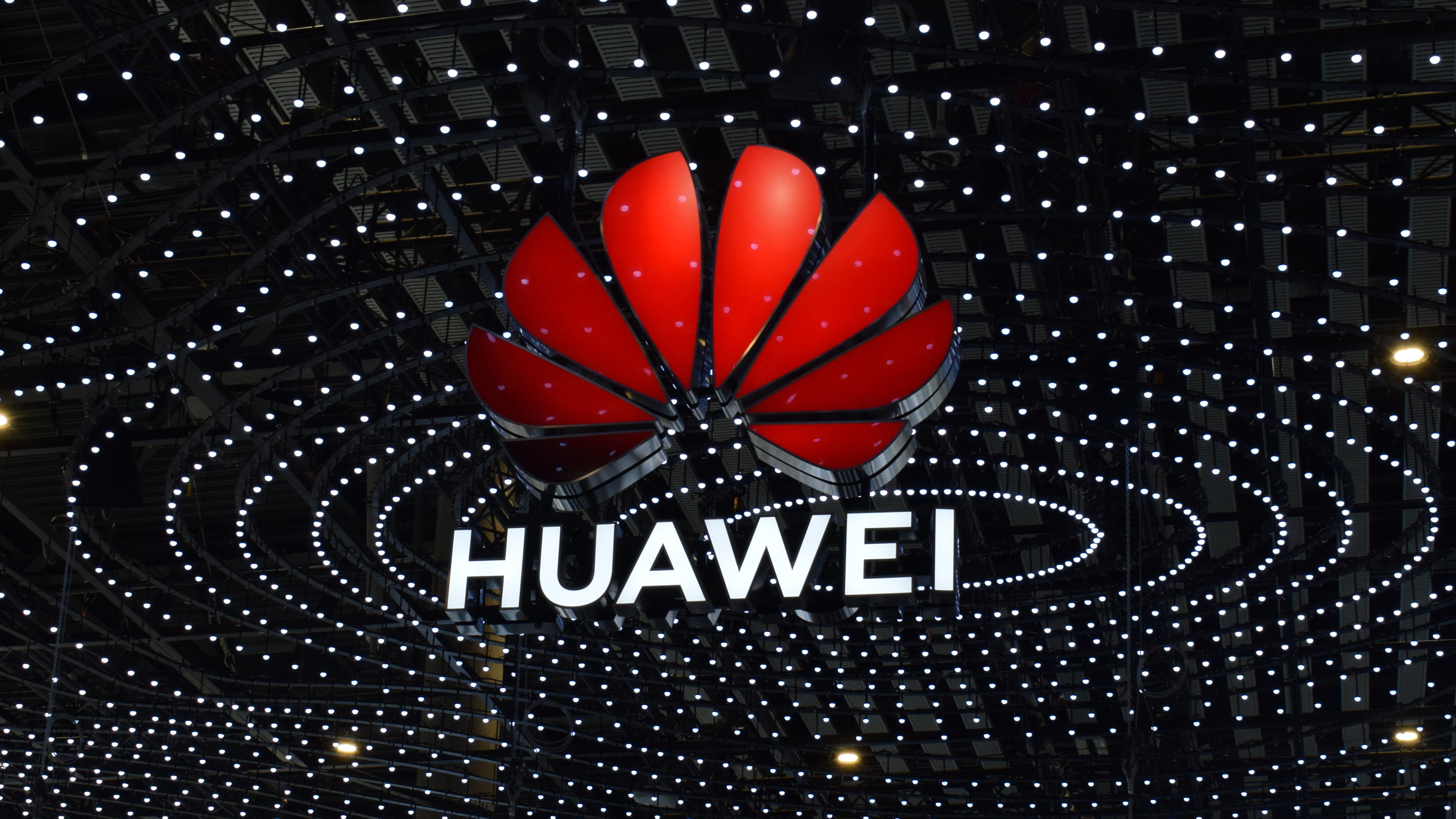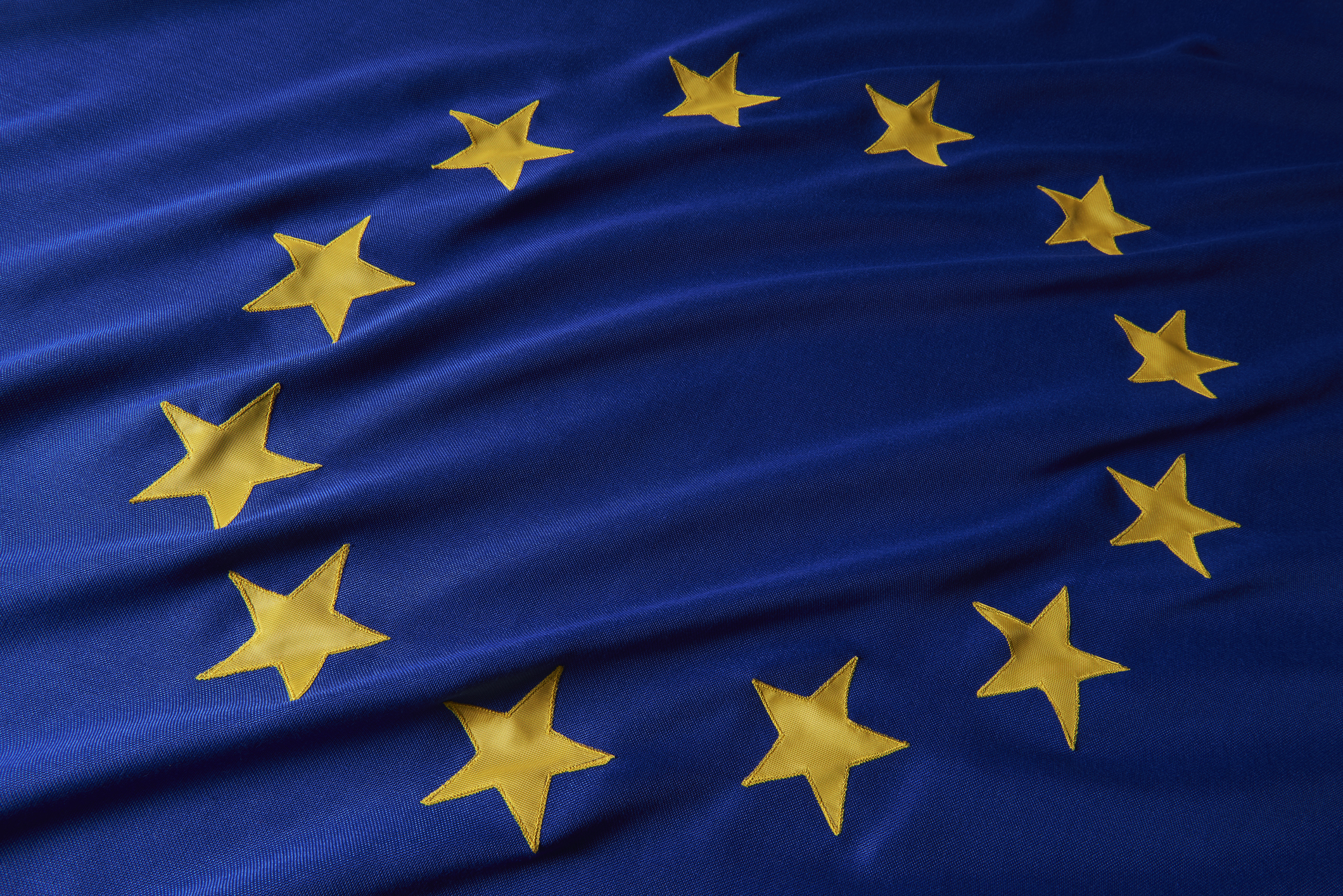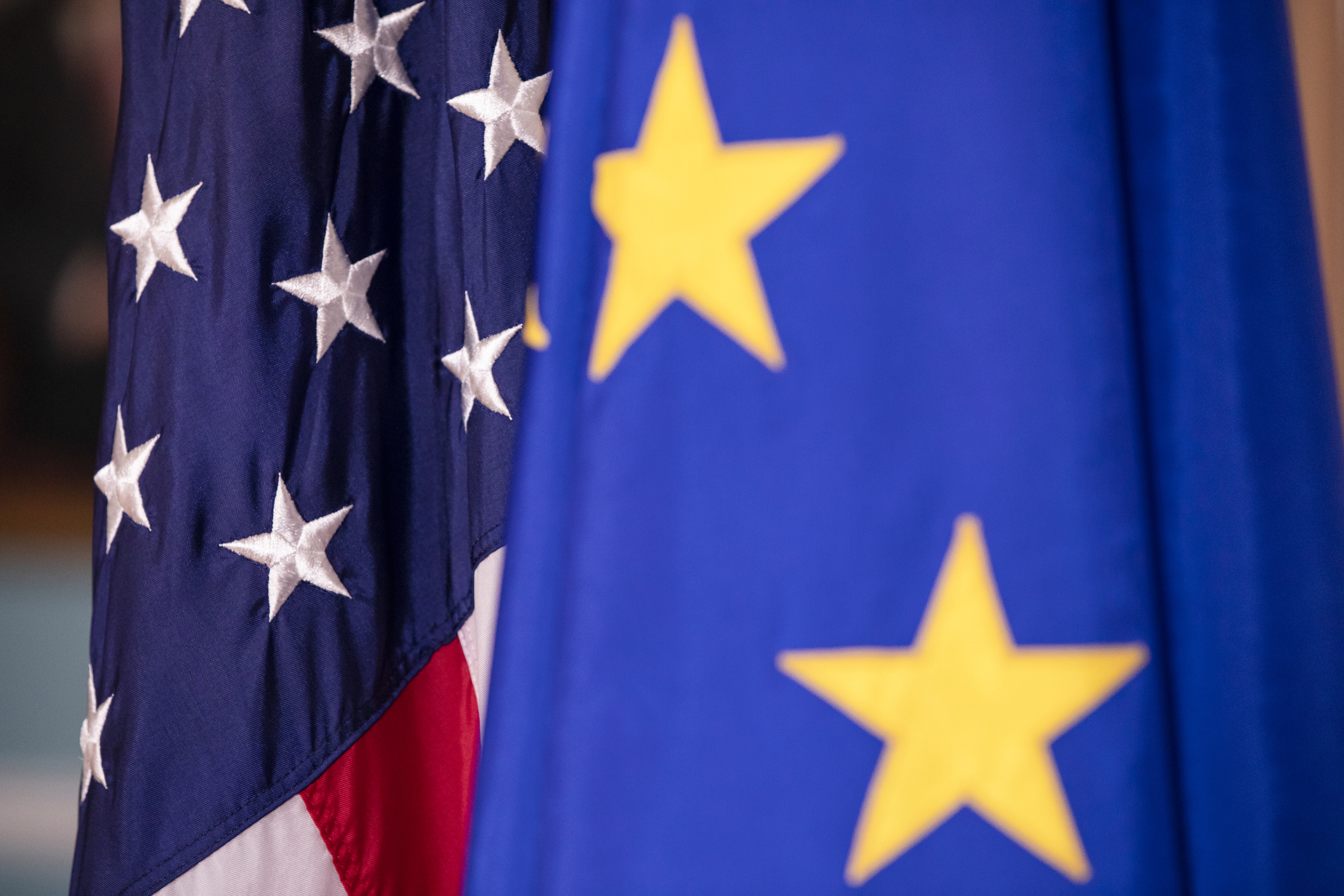MWC 2011: EU voices fury at roaming ‘rip-offs’
Roaming charges in the EU are just too high, according to a senior member of the European Commission's Digital Agenda team.


EU citizens are being ripped off when it comes to roaming charges and the system needs to be fairer, according to a senior member of the European Commission.
Speaking at Mobile World Congress 2011, Neelie Kroes, vice president of the European Commission responsible for the Digital Agenda, said the cost of using a mobile abroad was simply too high.
She was talking after a European Commission survey showed nearly three-quarters of Europeans were worried about the cost of using their mobiles when traveling across the EU. The majority of respondents said they limited their roaming calls because of high charges.
Kroes explained how voice roaming prices within Europe are over three times the level of domestic charges, whilst the data roaming situation is "even grimmer."
"The consumer often pays less than five cents for downloading a MB of data at home, but this may turn into 2.60 per MB when the same consumer crosses an invisible border," she told delegates in Barcelona.
"I would love to be able to say to you today that the roaming market is competitive; that data roaming charges approach domestic prices; that bill shocks are a thing of the past; that prices for voice and SMS roaming are not clustered around the maximum levels permitted. Regrettably I cannot."
She admitted data roaming charges had fallen significantly, but this was not being matched in lower retail prices.
Get the ITPro daily newsletter
Sign up today and you will receive a free copy of our Future Focus 2025 report - the leading guidance on AI, cybersecurity and other IT challenges as per 700+ senior executives
"Incentives to compete on roaming prices are not as strong as the pressures on domestic prices. But that is not a justification for the current rip-offs," Kroes said.
The Digital Agenda has set a goal of cutting the difference between roaming and national prices to close to zero by 2015. Currently, the EU employs a capping policy to regulate how much providers can charge.
"It may be that no single approach will do the job on its own," she added.
"While I doubt that time may in itself solve our problems, it seems difficult to think that we can maintain price regulation forever."
Tom Brewster is currently an associate editor at Forbes and an award-winning journalist who covers cyber security, surveillance, and privacy. Starting his career at ITPro as a staff writer and working up to a senior staff writer role, Tom has been covering the tech industry for more than ten years and is considered one of the leading journalists in his specialism.
He is a proud alum of the University of Sheffield where he secured an undergraduate degree in English Literature before undertaking a certification from General Assembly in web development.
-
 Bigger salaries, more burnout: Is the CISO role in crisis?
Bigger salaries, more burnout: Is the CISO role in crisis?In-depth CISOs are more stressed than ever before – but why is this and what can be done?
By Kate O'Flaherty Published
-
 Cheap cyber crime kits can be bought on the dark web for less than $25
Cheap cyber crime kits can be bought on the dark web for less than $25News Research from NordVPN shows phishing kits are now widely available on the dark web and via messaging apps like Telegram, and are often selling for less than $25.
By Emma Woollacott Published
-
 Doing business under US sanctions: a Huawei success story
Doing business under US sanctions: a Huawei success storyAnalysis Doubling down on R&D, diversifying its business, and seeking out ripe new markets – the resurgence of Huawei carries lessons for all businesses
By Bobby Hellard Published
-
 ‘Europe could do it, but it's chosen not to do it’: Eric Schmidt thinks EU regulation will stifle AI innovation – but Britain has a huge opportunity
‘Europe could do it, but it's chosen not to do it’: Eric Schmidt thinks EU regulation will stifle AI innovation – but Britain has a huge opportunityNews Former Google CEO Eric Schmidt believes EU AI regulation is hampering innovation in the region and placing enterprises at a disadvantage.
By Ross Kelly Published
-
 The EU just shelved its AI liability directive
The EU just shelved its AI liability directiveNews The European Commission has scrapped plans to introduce the AI Liability Directive aimed at protecting consumers from harmful AI systems.
By Ross Kelly Published
-
 A big enforcement deadline for the EU AI Act just passed – here's what you need to know
A big enforcement deadline for the EU AI Act just passed – here's what you need to knowNews The first set of compliance deadlines for the EU AI Act passed on the 2nd of February, and enterprises are urged to ramp up preparations for future deadlines.
By George Fitzmaurice Last updated
-
 EU agrees amendments to Cyber Solidarity Act in bid to create ‘cyber shield’ for member states
EU agrees amendments to Cyber Solidarity Act in bid to create ‘cyber shield’ for member statesNews The EU’s Cyber Solidarity Act will provide new mechanisms for authorities to bolster union-wide security practices
By Emma Woollacott Published
-
 The EU's 'long-arm' regulatory approach could create frosty US environment for European tech firms
The EU's 'long-arm' regulatory approach could create frosty US environment for European tech firmsAnalysis US tech firms are throwing their toys out of the pram over the EU’s Digital Markets Act, but will this come back to bite European companies?
By Solomon Klappholz Published
-
 EU AI Act risks collapse if consensus not reached, experts warn
EU AI Act risks collapse if consensus not reached, experts warnAnalysis Industry stakeholders have warned the EU AI Act could stifle innovation ahead of a crunch decision
By Ross Kelly Published
-
 Three quarters of UK firms unprepared for NIS2 regulations, study finds
Three quarters of UK firms unprepared for NIS2 regulations, study findsNews Senior management can be held personally liable for non-compliance under NIS2 rules
By Ross Kelly Published